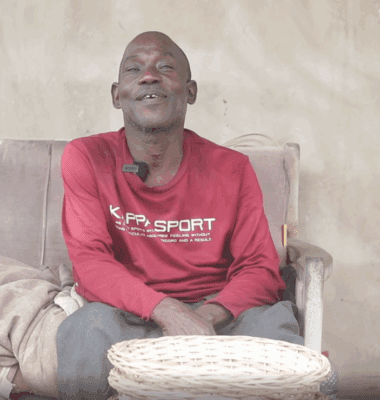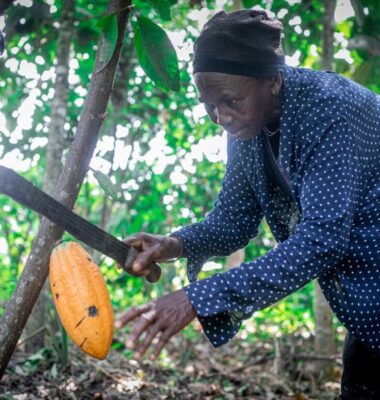
- January 13, 2026
Women at the Fault Line of Cocoa: Rural Realities Behind Amsterdam Cocoa Week
Written by
Elizabeth Bonney
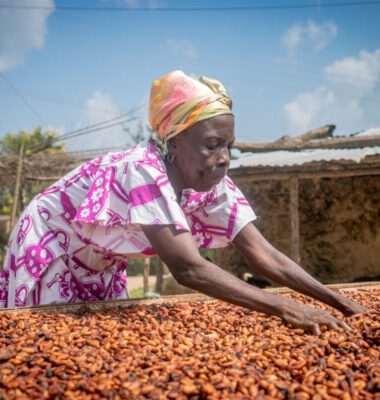
- December 26, 2025
Reframing Cocoa: VVMG’s Perspective Ahead of Amsterdam Cocoa Week
Written by
Elizabeth Bonney
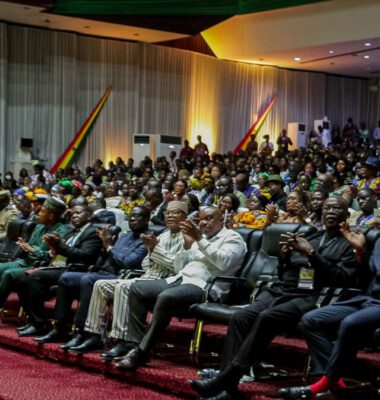
- December 22, 2025
The Inheritance of Absence: Diaspora Connect Summit 2025
Written by
Elizabeth Bonney

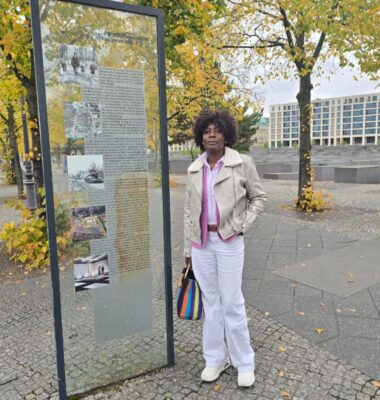
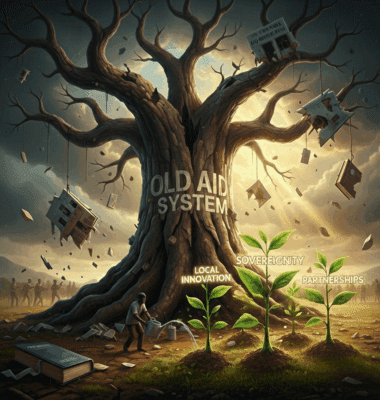
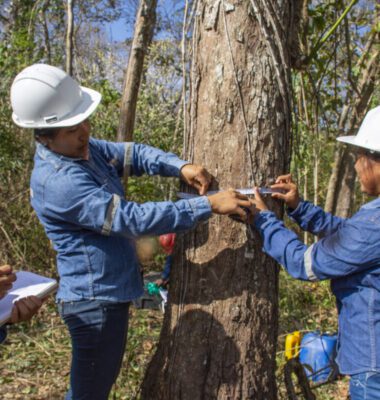
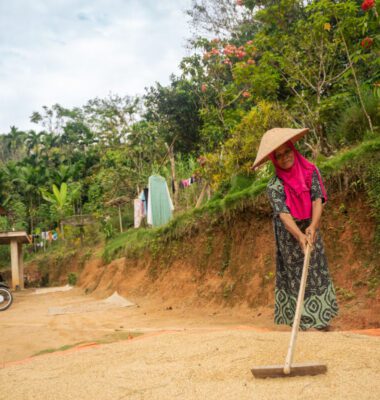
- October 30, 2025
Locally-Led, Globally Impactful: COP30 Must Deliver for Tropical Forests
Written by
Green Livelihoods Alliance

- October 29, 2025
When Good Work Goes Unseen: The Visibility Gap in Media Professionals’ Reputations
Written by
Brenda Nyambura
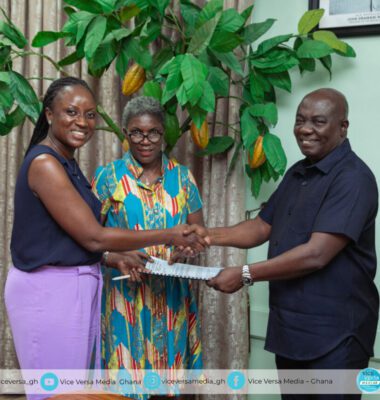
- October 28, 2025
A Milestone for Gender Equity: Women in Cocoa Festival Gains Official Backing from COCOBOD
Written by
Elizabeth Bonney
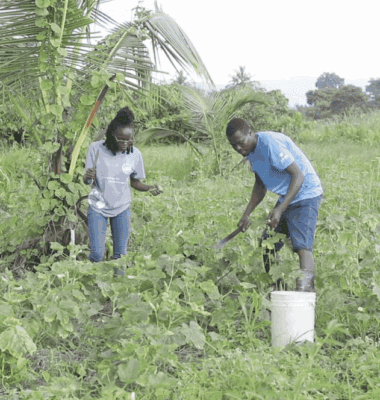
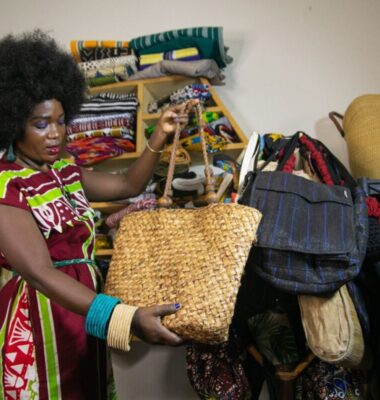
- October 10, 2025
Weaving Heritage and Innovation Through Afro-Digital Fashion
Written by
Vanessa Vanderpuye
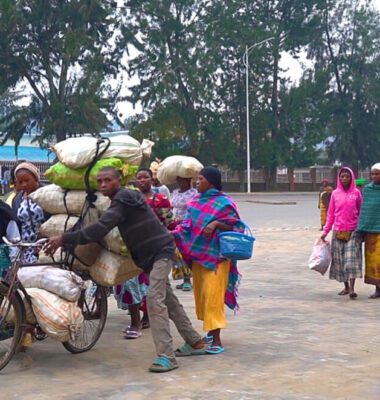
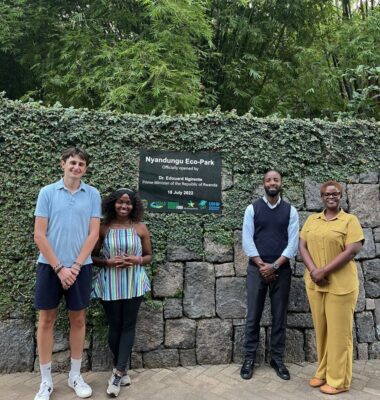
- October 4, 2025
Cycling the Wetland Wonderland: Nyandungu Eco Park Adventure
Written by
Benjamin Loman
